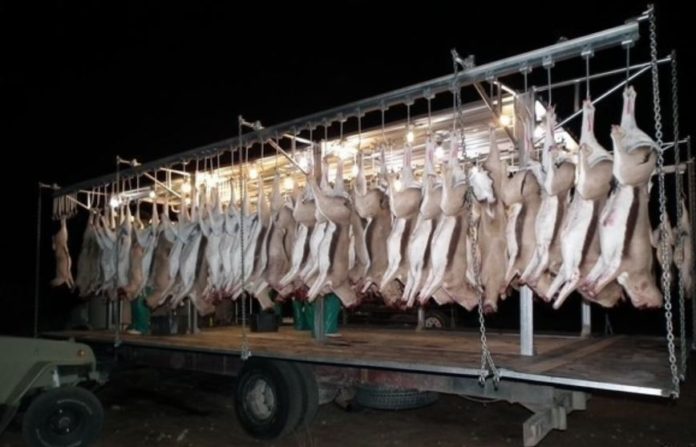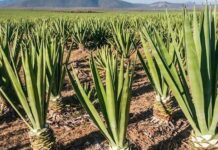The government of Botswana has announced plans to mull more than 10,000 cattle in a bid to fight an outbreak of foot-and-mouth disease.
Assistant Minister for Agriculture Molebatsi Molebatsi announced the plans and said the move to kill affected livestock was taken following consultations with disease control experts. Botswana which is Africa’s largest beef producers, was forced in August to halt beef exports over the virus, including to the lucrative European Union.
The plans will be first implemented in the country’s northeast. Molebatsi said 19,000 cattle are in the affected zone, which is near the Zimbabwe border, and more than 10,000 will be slaughtered. Some goats and sheep will also be culled.
“The decision to depopulate is the one we have taken. We took the decision after consultation with experts. We don’t want any traces of the virus to remain or to have any further viral circulation,” Molebatsi said.
Disease control
Veterinarian Mbatshi Mazwinduma said culling means farmers must be compensated.
“It comes at a great cost because it means people have to be compensated,” Mazwinduma said. “And there is also environmental issues of animals that have been slaughtered … on how do you dispose of them safely.”
Mazwinduma said in disease control, there should be certain considerations, particularly for the affected farmers.
“When you are trying to control the disease, you have to consider the economic, social and often political impact. Politically speaking, remember at times you are going to be slaughtering animals that belong to farmers, and you might push them further into abject poverty. Most of the time, the compensation of animals that are slaughtered is nowhere near the equivalent value if they were to sell them at the market,” Mazwinduma said.
Bose Sethupa, a farmer from the affected region, said while the livelihoods of many people will be affected, the government has to contain the disease.
“It is a good move to try and contain the spread of the disease, but at the same time, it is not too good to the farmers because the government compensation is lower than the value of what the farmer will be having. But apart from that the move is good. It is truly meant to protect the export market, which is very key to our economy,” Sethupa said.
Roughly half of Botswana’s beef exports or about 9,000 tons are sent to the EU each year.









